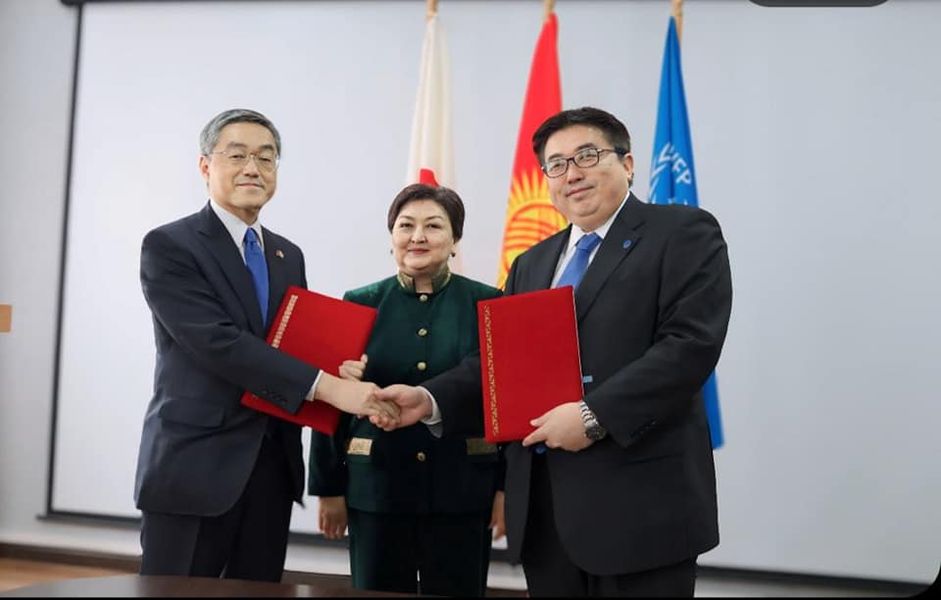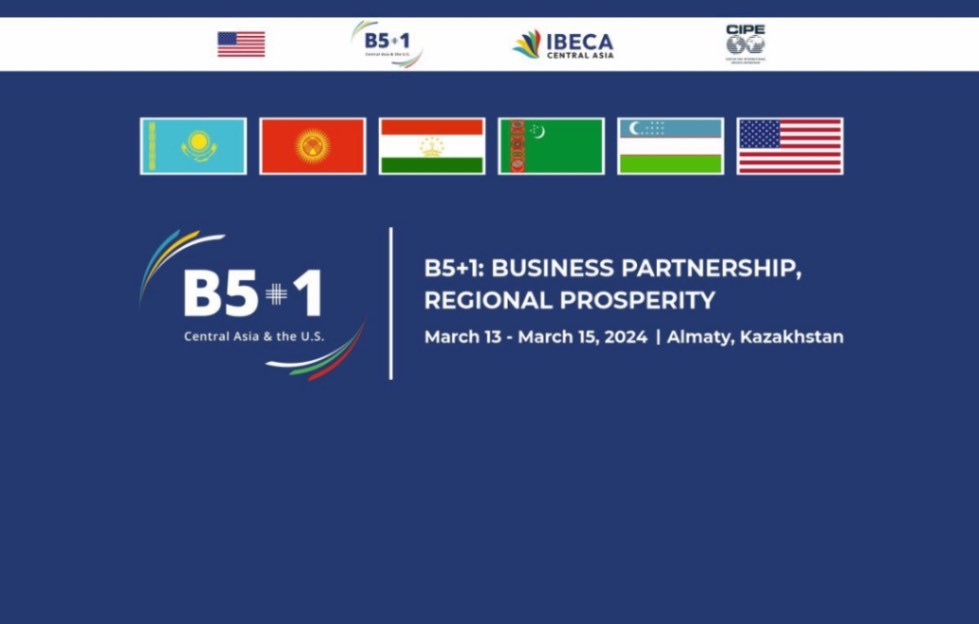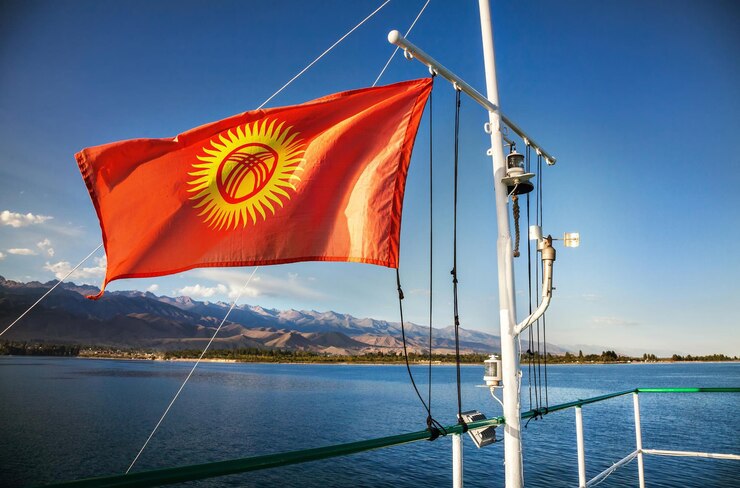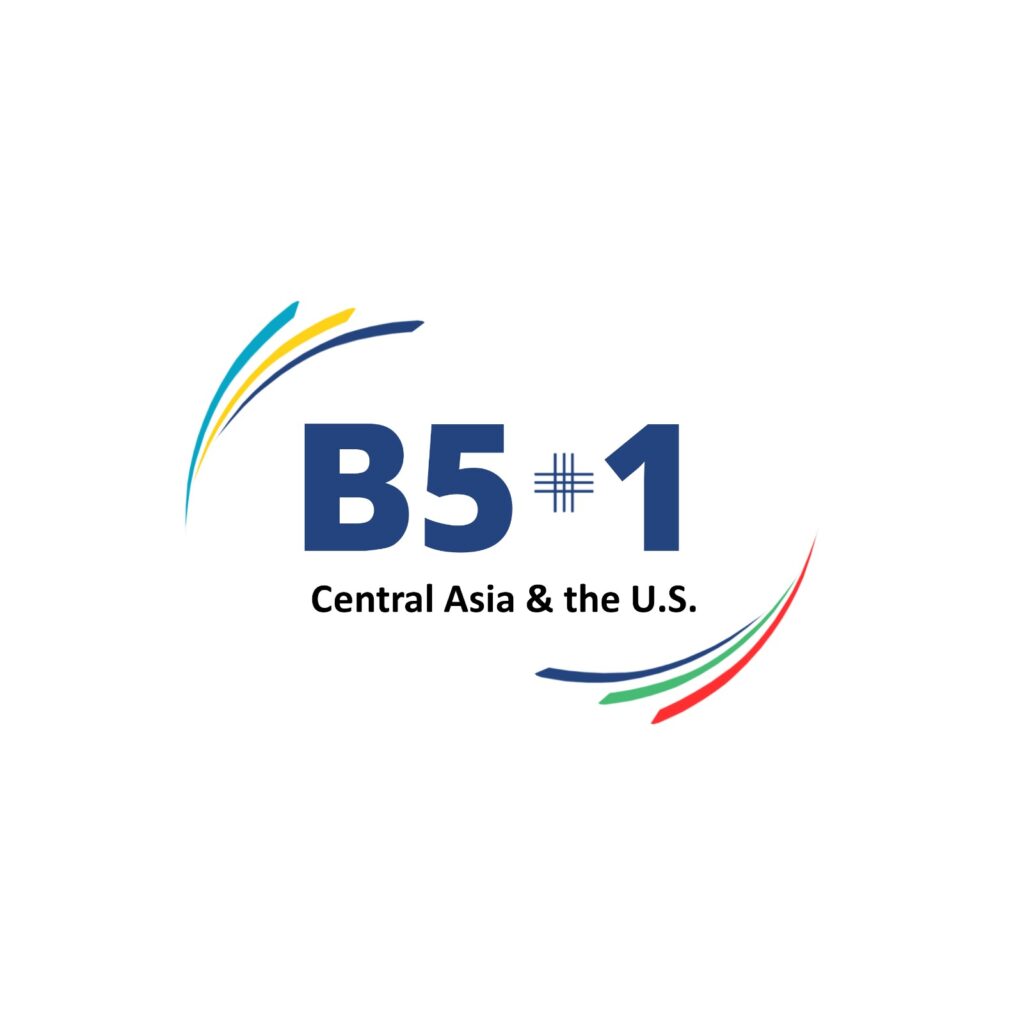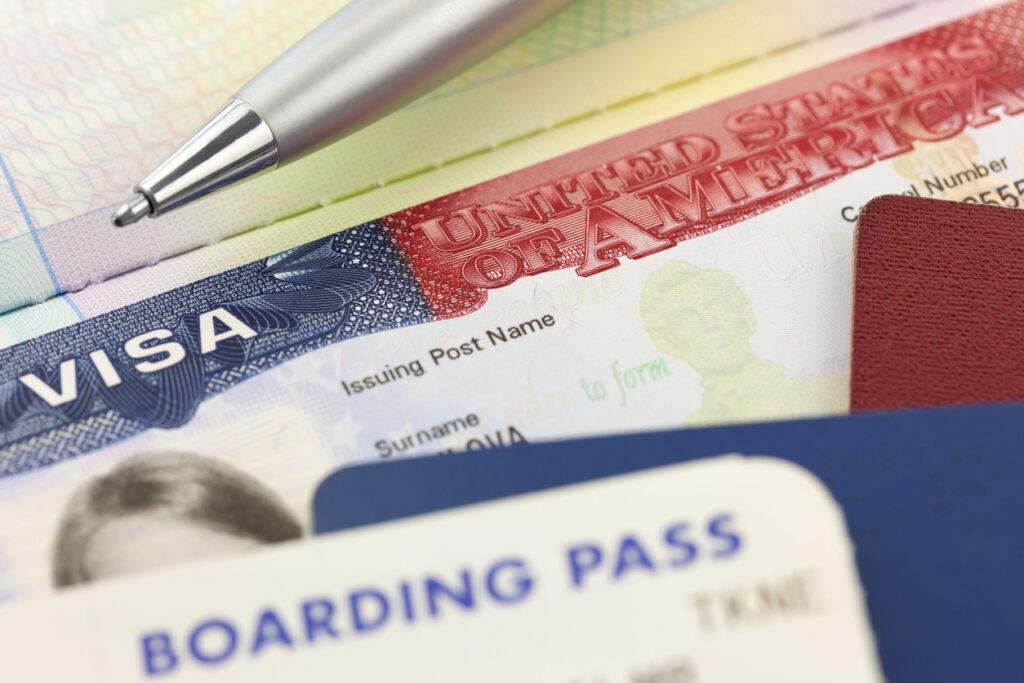The Secretary General of the International Maritime Organization (IMO), Arsenio Dominguez announced its newest member state of Kyrgyzstan at a meeting on ship systems and equipment, according to the IMO's press service. Political scientists and economists in Kyrgyzstan note that, despite the fact that the country is landlocked, this is an important event for the economy in terms of access to world markets for export of domestic products. "If we join this organization, it means we start playing on the world market of transportation of people and goods by seas and oceans. Joining IMO opens the way for us to legally start our own merchant marine fleet," political scientist Denis Berdakov told the Times of Central Asia. An important point in Kyrgyzstan's IMO journey came in 2021, when Iranian authorities allocated Kyrgyzstan a place in the port of Bandar Abbas on the Persian Gulf, meaning that goods from Kyrgyzstan could be shipped to Europe by sea. "The main task now is access to the sea. We have already said that we have two priorities - investments and exports. And for exports, we need to first solve logistics issues. Now the volume of trade turnover with China is growing. In addition, if the China-Kyrgyzstan-Uzbekistan railroad starts functioning, we should become a hub for cargo transportation. To do this, we need to create conditions for logistics companies," Kyrgyz Economy Minister, Daniyar Amangeldiyev said earlier. For those same reasons, AD Ports Group from the UAE signed an agreement with the Kyrgyz Government two years ago on the allocation of 300,000 square meters in the free economic zone called KEZAD (Khalifa Economic Zone Abu Dhabi) near Khalifa Port, which is the main seaport of Abu Dhabi. The Kyrgyz Ministry of Economy said this will allow duty-free exports from these ports to third countries, and now it will do so using its own ships. Gulf countries now buy meat, honey, nuts and other products from Kyrgyzstan. Local businessmen have repeatedly said they are ready to increase exports, and, as noted by the Ministry of Economy & Commerce of Kyrgyzstan, the republic is ready to increase exports to the UAE and. To date, the Kyrgyz Republic trades mainly with Eurasian Economic Union (EAEU) countries, but the potential for geographic expansion is great, especially given the robust opportunities for the re-export of Chinese goods. Using a combination of transport modes and goods, the Kyrgyz authorities can revive the ancient Silk Road route from China to Europe. Against the backdrop of the beginning of construction of the China-Kyrgyzstan-Uzbekistan railroad, Bishkek is thinking about transit of its goods by rail to Turkmenistan's Caspian Sea ports and beyond those to the ports of Russia and Iran. Kyrgyzstan became the 176th country to join the IMO. The organization last accepted Botswana into its ranks in 2021. According to the IMO charter, membership in the maritime organization is open to all states subject to compliance with the provisions contained in the maritime convention.
